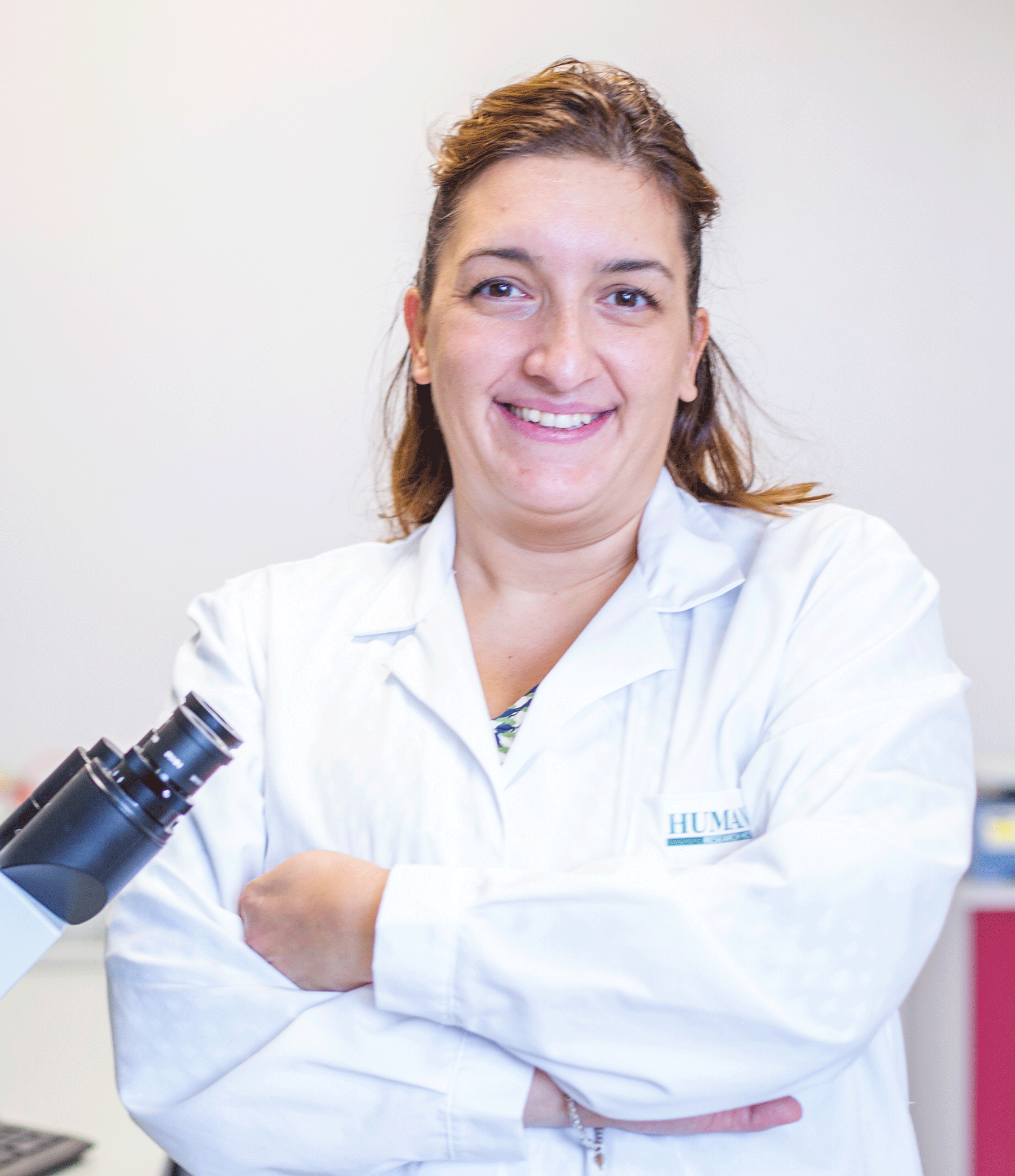Funding Summary
In this project Dr. Lodato will use stem cells from PWS patients to generate human 3D cortical organoids (a ‘minibrain in a dish’). Human cortical organoids are valuable models that mimic aspects of human brain development, and analysis of these organoids is expected to shed light on how brain development in PWS differs from that in typical individuals. Dr. Lodato and team have expertise in generating and analyzing cortical organoids, focusing on neuronal function and communication. This work may provide a new understanding of the basis of cognitive challenges in PWS, while offering a valuable platform for scalable drug screenings.
Dr. Theresa Strong, Director of Research Programs, shares details on this project in this short video clip.
Please find the full webinar for all the funded grants this cycle here.
Lay Abstract
Prader-Willi syndrome is a neurodevelopment disorder characterised by complex spectrum of clinical manifestations, including impaired satiety, severe childhood obesity, sleep abnormalities in addition to intellectual disabilities and social and learning deficits.
Deletion, uniparental dysomy (UPD), or imprinting defects of paternally expressed genes in the human chromosome 15 (15q11-13 locus) are known to cause profound endocrine dysfunctions and abnormal functional connectivity among different brain regions of the PWS patients, including the cerebral cortex and subcortical structures. While the genetic architecture of the disorder has been identified, our understanding of the mechanisms underlying the complex spectrum of clinical phenotypes associated with PWS remains still largely elusive. The PWS locus is evolutionarily conserved and several animal models for PWS have been generated over the past decades, providing instrumental insights in PWS research. One of our team (Tucci laboratory, IIT) has already contributed to dissect the aberrant activity of cortical neuronal networks in PWS mouse model. Although PWS mouse models are instrumental in dissecting PWS phenotypic mechanisms, the emerging species-specific genetic and neurodevelopmental differences motivate us to develop innovative experimental systems to address PWS pathophysiology and explore effective therapies.
In this project we propose to generate human 3D cortical organoids (cOrg), 'miniatures' of the developing human cerebral cortex in a dish, from induced pluripotent stem cells (iPSC) derived from PWS patients (already generated and available for the PWS community). Human cortical organoids are valuable models that better mimic aspects of human cortical development. When derived from people with neurologic conditions, like PWS, these organoids can be used to recapitulate disease processes and are considered of extreme value in accelerating therapeutics. In our laboratory (Lodato laboratory, Humanitas University), we have already optimised a scalable, efficient, and robust protocol to generate 3D cortical organoids as human model of PWS, and compare their molecular and functional features with those of control healthy individuals. Leveraging on the synergistic activity and complementary expertise of the two teams, we will apply advanced technologies and perform a punctual characterisation of these new cellular models for PWS, shedding light on the functional and molecular aspects that are altered in the neurodevelopment of PWS children. We aim indeed at identifying critical alterations in the generation of cortical neurons and their assembly into functional networks, that might cause learning deficits and intellectual disabilities. Our work will provide a new framework to study PWS and lay the foundation to establish an alternative human model system to follow neurodevelopment of patients, while offering a valuable platform for scalable drug screenings.
We trust that this innovative strategy will pave the road for the design of new therapeutic targets which will eventually improve the quality of life of PWS patients and their caregivers.
Research Outcomes: Public Summary
The study delves into the intricate mechanisms at play in Prader-Willi Syndrome (PWS), particularly focusing on neural development and function. The research reveals significant abnormalities in cortical organoids (cOrgs) derived from individuals with PWS. These organoids exhibit pronounced growth defects and morphological irregularities, indicating disruptions in early neurodevelopmental processes. Notably, PWS-derived organoids fail to form typical neural rosettes, underscoring the complexity of PWS pathology and the challenges it poses for neural development. Through single-cell transcriptomic analysis, the study identifies a distinct shift in cell type composition within PWS organoids compared to control samples. The differential response to corticogenic signals suggests intricate regulatory mechanisms at play during neural development in individuals with PWS. Analysis of gene expression profiles in PWS-derived neurons reveals widespread molecular dysfunctions affecting key processes involved in nervous system development, neurogenesis, axon development, synapse formation, and metabolic regulation. These molecular aberrations likely contribute to the cognitive impairments observed in individuals with PWS, shedding light on the underlying molecular mechanisms driving cognitive deficits in the syndrome. Electrophysiological recordings from PWS-derived neurons uncover altered spontaneous activity and network functionality, indicative of disrupted neurophysiological processes in PWS. The delayed maturation of spontaneous activity, coupled with susceptibility to drug modulation, suggests underlying abnormalities in synaptic transmission and network dynamics, which may underlie the cognitive and neurodevelopmental deficits associated with PWS. Overall, these findings have significant implications for understanding PWS pathogenesis and developing targeted therapeutic interventions. By elucidating the molecular and cellular underpinnings of PWS pathology, researchers can identify potential therapeutic targets aimed at correcting these dysregulations and improving clinical outcomes for individuals affected by the syndrome. Additionally, the insights gained pave the way for future research aimed at unravelling the complexities of PWS pathogenesis and developing innovative therapeutic strategies to mitigate its effects. Continuing investigation aims to complete the characterization of electrophysiological activity in PWS cOrgs, identifying underlying neurobiological pathways. This study contributes to understanding PWS mechanisms and may aid in developing novel treatments.
Funded Year:
2021
Awarded to:
Simona Lodato, Ph.D.
Amount:
$108,000
Institution:
Humanitas University
Researcher:

Simona Lodato, PhD




